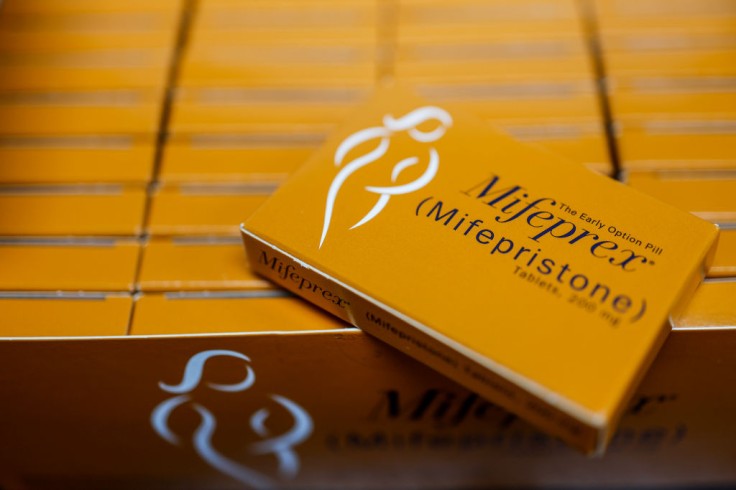
Louisiana Governor Jeff Landry recently signed a bill that categorizes the commonly used medications for abortion into dangerous substances.
After the transition of this bill into law, Louisiana becomes the first state in the country to list misoprostol and mifepristone under Schedule IV of the state's Uniform Controlled Dangerous Substances Law.
Louisiana Governor Signs Abortion Medication Bill To Law
The bill, which passed the Louisiana Senate with a 29-7 vote on Thursday, May 23, introduces stringent measures on the possession of these medications.
Under the new law, individuals found in possession of mifepristone and misoprostol without a valid prescription or a medical professional's order could face up to five years in prison. However, pregnant individuals obtaining these medications for personal use will not be prosecuted.
Governor Landry announced the signing via social media, stating, "This bill protects women across Louisiana."
Medications classified under Schedule IV include certain narcotics, depressants like Xanax and Valium, muscle relaxants, sleep aids, and stimulants used to treat conditions such as ADHD and for weight loss. This classification places abortion medications among these substances, a move that has alarmed medical professionals and abortion rights advocates.
Support and Opposition
Supporters of the bill, primarily anti-abortion advocates, argue that this measure is necessary to protect women and prevent the misuse of abortion medications.
Republican State Senator Thomas Pressly, who introduced the bill, cited a personal family incident as motivation.
His sister's estranged husband was convicted of secretly administering abortion medication to her without consent, which he described as a prime example of why tighter control is needed.
"Louisiana has been very clear, we do not prosecute women when they are seeking an abortion," said Pressly. "But we're also very clear that abortion is not legal in Louisiana."
Conversely, opponents argue that the bill's ramifications could extend beyond abortion, potentially delaying or complicating essential medical treatments.
Democratic State Senator Royce Duplessis voiced concerns that the reclassification would impede access to these medications for non-abortion-related uses, such as managing miscarriages or facilitating labor and delivery.
Medical Community's Concerns
Medical professionals have strongly opposed the bill, highlighting the essential roles these medications play outside of abortion care.
Dr. Jennifer Avegno, director of the New Orleans Health Department, emphasized their safety and effectiveness for various medical treatments.
"These are not dangerous drugs of abuse. From a medical standpoint, this is bad science and not well-informed," Avegno stated.
Over 250 doctors have signed a letter to Senator Pressly, warning that reclassifying these medications could create a false perception of their danger and lead to unnecessary regulatory burdens.
The letter described the proposal as "not scientifically based." President Joe Biden also condemned the bill, calling it "outrageous" and attributing its emergence to the overturning of Roe v. Wade by the Trump administration.
"This is a scary time for women across America," Biden said, expressing concern that similar measures could be enacted nationwide if Trump were re-elected.
Louisiana's strict abortion laws already ban the procedure with limited exceptions, such as to save the life of the pregnant person or in cases of severe health risks. Recent legislative sessions saw a rejection of a bill that would have added rape and incest to the list of exceptions.
The new law also includes provisions to criminalize coerced abortions through fraud, with severe penalties for those who administer the medications without the pregnant person's consent.
As the debate continues, the impact of this legislation on Louisiana's healthcare landscape remains uncertain, with potential far-reaching consequences for both women's health and medical practices in the state.